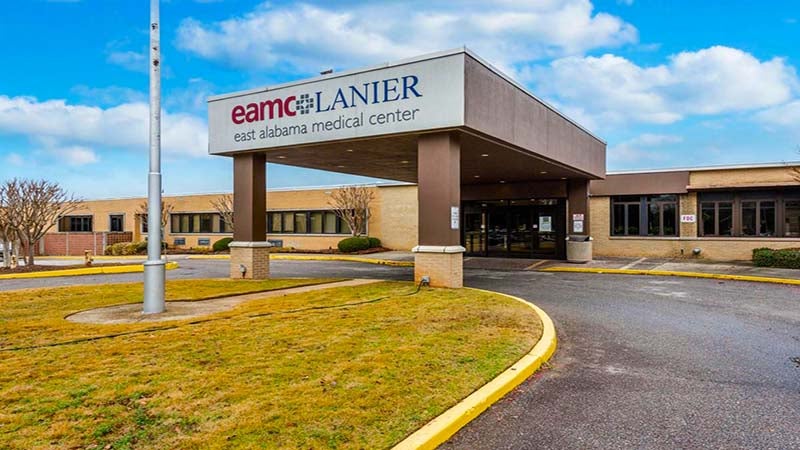Local representatives talk superintendent election, pros and cons
Published 10:44 am Friday, January 12, 2024
|
Getting your Trinity Audio player ready...
|
With all eyes in the county on the upcoming superintendent election, local representatives reflected on whether the county school board superintendent should be an elected official.
Chambers County is one of 38 Alabama county school districts to have an elected school board superintendent, according to the Alabama Secretary of State’s Office. In 2019, the Alabama House of Representatives voted down a bill that would abolish electing county superintendents statewide.
“Change always brings resistance,” said State Representative Debbie Wood.
To change the system, the county school district must hold a local referendum on the issue, according to Michael Sibley of the Alabama Board of Education. The other option is for a legislation delegation must draft a bill without an election.
Though many argue that citizens should get a vote, others say that board members, who are elected to represent each district, should have the authority to appoint a superintendent. Wood said that electing the board and hiring the superintendent gives authority to a more diverse group rather than concentrating decisions on one individual.
“Those groups of people are diverse groups that are elected to represent all citizens, and they’re the voice of those people that cast their vote,” Wood said. “So when you give them the power to hire, to fire, to make decisions, I think sometimes you get a broader view and a better outcome.”
Opelika educator Winford Ashmore will be the Democratic opponent and the story includes candidates from the upcoming Republican primary election in March.
Chambers County Superintendent Casey Chambley said he was in favor of having a hired, not elected, superintendent. He said there are times when having an elected superintendent can make it more difficult to make hard decisions based on information that the public doesn’t always have.
“Sometimes you have to make decisions that are going to make people mad,” Chambley said. “… Because they don’t know all the information we know.”
Sharon Weldon, Chambley’s Republican opponent for the superintendent election, also said that having both elected board members and superintendent can lead to instability.
“I don’t think it all should be elected,” Weldon said. “I think that we should have a superintendent based on experience and based on what they know.”
Weldon noted that in elections, popularity and being well-known are key factors.
Just south of Chambers, Lee County has an elected school board that has the authority to appoint the superintendent.
In 2019, the Troup County School System conducted a nationwide search before hiring Brian Shumate, who was working in Oregon at the time. Under Alabama state law, an elected superintendent isn’t required to live in the county he or she will work in, but logistically, they live within driving distance, which narrows the search greatly.
If the board appoints a superintendent, there are more opportunities for qualified candidates from outside of the community.
In counties where the superintendent is hired by an elected board, the community elects board members who in turn hold the superintendent accountable.
“One of the great things with that system is that you typically have a group of people sitting on the board that understand the issues much better than the public that walks out to cast their vote,” Wood said.
Communities across the state are split on the issue.
In 2022, Cullman County citizens voted to reinstate electing a superintendent after the Board of Education asked the legislature to put it on the local ballot. The county held elections for the position until 2013 when the Cullman legislative delegation made the change through the legislation process without holding an election.
Cullman County citizens did not respond to the idea of a local referendum.
Ultimately, Wood said she believes that the decision of whether to keep or abolish the superintendent election should come down to a local vote. She added that it’s not about taking away anyone’s vote.
“We’re seeing the benefit of all citizens being engaged and knowing more about the political process,” Wood said.





